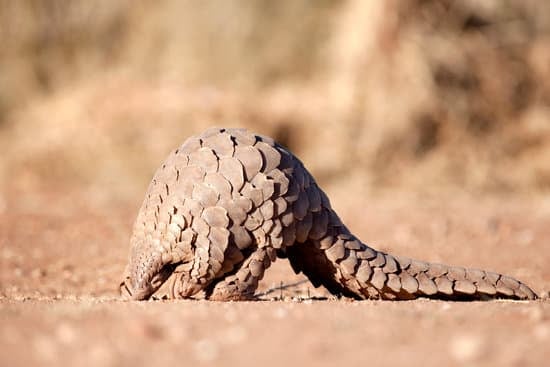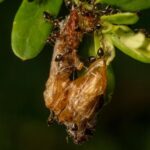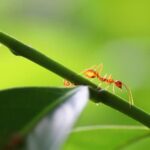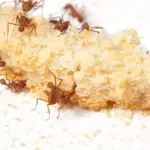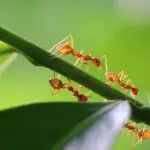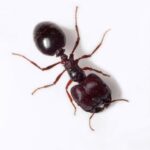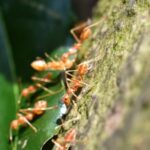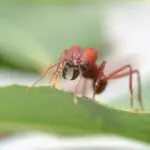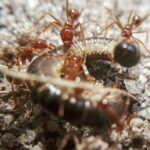How Do Ants Help Aphids?
Several species of social insects, such as ants, protect their mutualistic partners. Some species of ants use chemicals to sedate aphids. They also “milk” aphids for honeydew.
Ants have been studied for their ability to protect aphid colonies from parasitoids and predators. They “herd” aphids to better plants and pick up dead aphids from colonies. This behaviour has also been shown to reduce the transmission of diseases.
In a study, Lasius japonicus ants protected 35 percent of red aphids. This species also protected 65 percent of green aphids. Ants also showed a focus on quarantining, or removing infected conidia from the aphid cuticle.
Ants also used pheromones to sedate aphids. When they encountered aphids that had been infected with non-epizootic fungal entomopathogens, they removed the aphids. They also groomed themselves after they encountered non-diseased cadavers.
The researchers also found that ants removed fungal-killed aphids more frequently when more ants were tending the aphid colony. This was the first report on the physical removal of obligate fungal pathogens.
It is possible that ants will be able to remove aphids from the garden without the help of a natural aphid killer. However, this type of exploitation of aphids is quite sophisticated. Using chemicals to sedate aphids is a clever trick.
If you don’t want ants to “farm” aphids in your yard, you can try using a hand sprayer to spray plants with tap water. Alternatively, you can place a non-poisonous bait near your garden beds.
